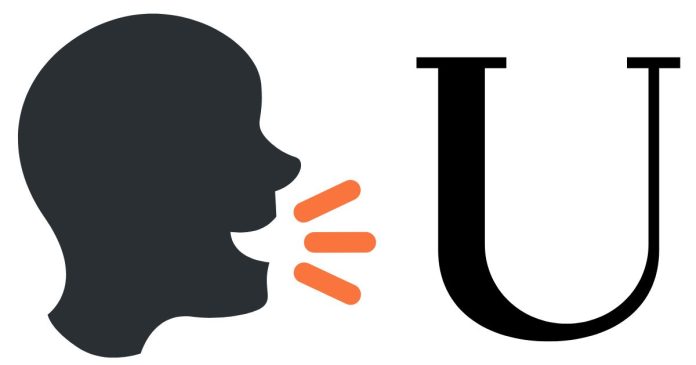The English language is full of quirky spelling patterns, and one of the more interesting ones involves the “OU” letter combination producing a short “U” sound, like the “u” in “up” or “cup.” This short “U” sound, represented phonetically as /ʌ/, is common in many English words, despite the varied ways “OU” can be pronounced in other contexts.
Understanding the Short “U” Sound
In phonetics, the short “U” sound is a relaxed, open-mid vowel sound. When the “OU” letter combination creates this sound, it usually occurs in specific types of words and syllables.
Examples of Words with the Short “U” Sound Made by “OU”
Here are some common examples of words where “OU” is pronounced with a short “U” sound (/ʌ/):
- Country
- Couple
- Cousin
- Double
- Trouble
- Young
- Rough
- Tough
- Enough
In all these words, the “OU” combination produces the /ʌ/ sound, which is different from the “OU” diphthong found in words like “house” or “mouse.”
Why Does “OU” Make a Short “U” Sound in These Words?
The pronunciation of “OU” with a short “U” sound is a result of historical changes in the English language. Over time, English absorbed influences from Old French, Latin, and Germanic languages, creating irregularities in spelling and pronunciation.
For example:
- Words like “cousin” and “double” have roots in Old French, where the “OU” was pronounced differently.
- Words like “rough” and “tough” evolved from Old English, where the pronunciation of certain vowels shifted over time.
As a result, modern English retains these inconsistencies, making “OU” a versatile but unpredictable letter pair.
How to Recognize the Short “U” Sound in Words with “OU”
Identifying words with the short “U” sound requires memorization, as there are no strict spelling rules to predict when “OU” will make this sound. However, some patterns can help:
- Words related to difficulty or challenges often use this sound: trouble, rough, tough, enough.
- Certain family or relational terms also follow this rule: cousin, young.
The “OU” letter combination can produce a variety of sounds in English, but when it makes the short “U” sound (/ʌ/), it appears in everyday words like country, couple, cousin, and trouble. These quirks are part of what makes English a fascinating and complex language to learn and use. While the irregularity may seem challenging, familiarity with these common words will help you navigate their pronunciation with ease.


